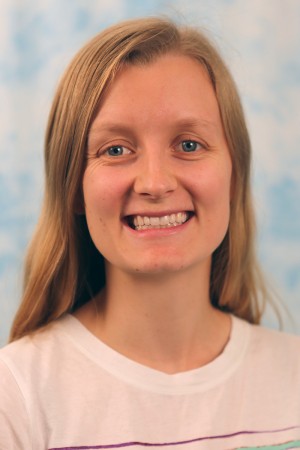
Common approaches to exploration learn tabula-rasa: a reinforcement learning agent assumes isolated environments and no prior knowledge or experience. However, in the real world, humans learn in many environments and come with prior experiences as they explore new ones. This approach is not only practical but also crucial for feasibility in real robotics where cost-prohibitive to collect many samples from deployed physical systems.
In my thesis, I propose working to enable real-world exploration in robotic manipulation. First, I introduce a framework for training and evaluating exploration policies via environment transfer. Next, I show how multimodal sensing like sight and sound can provide richer self-supervision for exploration. In proposed work, I will put these principles into practice by using large-scale, passive data to enable sample-efficient exploration in a real robot kitchen setting. Finally, the last missing piece is evaluation: I propose a framework for benchmarking the generalization of both visual and policy learning methods via a robotics cloud.
Thesis Committee Members:
Abhinav Gupta, Chair
David Held
Shubham Tulsiani
Rob Fergus, New York University
